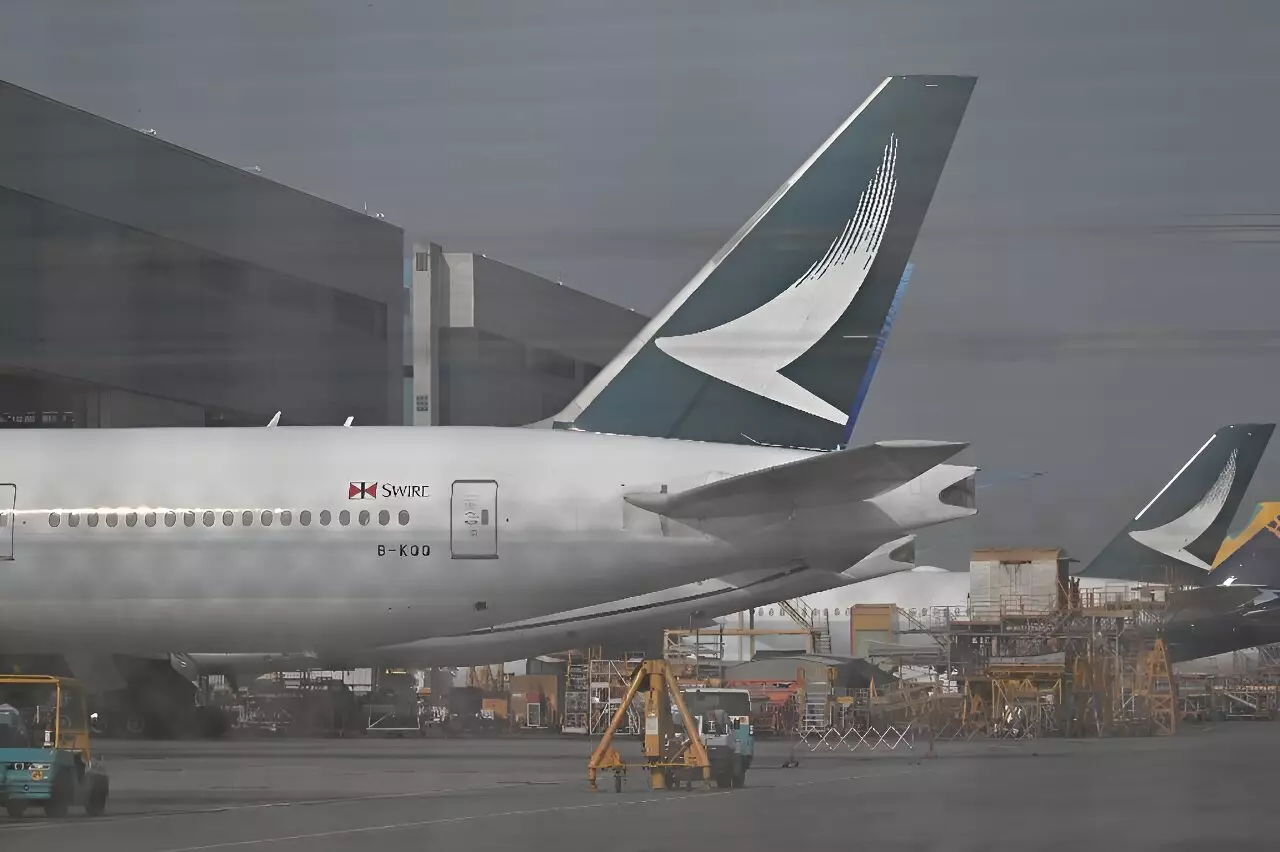In response to an engine fire on a Cathay Pacific flight, Europe’s aviation safety agency has announced that inspections will be required for a portion of the fleet of Airbus A350 wide-body jets. This incident has raised concerns about the safety of these aircraft and has prompted airlines to take precautionary measures to ensure the well-being of passengers.
The European Union Aviation Safety Agency (EASA) has mandated inspections on A350-1000 aircraft powered by XWB-97 engines. This directive comes after an in-flight engine fire shortly after take-off of a Zurich-bound flight. The EASA emphasized the need for inspections to check for damage of fuel hose connections inside engines in order to prevent similar incidents from occurring in the future.
Global Impact
The inspection program does not only affect European airlines, but it has prompted airlines worldwide to carry out similar checks on their A350-900 and A350-1000 models. With 86 A350-1000 planes in service globally, the aviation industry is taking proactive measures to address any potential safety risks associated with these aircraft models.
Rolls-Royce’s Response
Rolls-Royce, the manufacturer of the engines on Cathay’s A350s, has confirmed the launch of a one-time precautionary engine inspection program. The company is collaborating closely with the EU agency to address the issue and ensure the safety of passengers and crew members aboard these aircraft.
The incident involving the A350-1000 has raised concerns about the durability and performance of the Trent XWB-97 engines. Airlines are taking precautions to inspect and address any potential issues with the fuel hose connections to mitigate the risk of engine failures or fires during flight operations.
Despite the challenges faced by airlines in conducting inspections and grounding aircraft for checks, the industry remains committed to ensuring the safety and security of air travel. Airlines like Cathay Pacific are diligently working to address the issue and resume full operations after completing necessary maintenance and inspections on their A350 fleet.
As the aviation industry continues to evolve and innovate, safety remains a top priority for aircraft manufacturers, airlines, and regulatory agencies. The Airbus A350 inspection program is a testament to the industry’s dedication to ensuring safe and reliable air travel for passengers around the world. By proactively addressing safety concerns and implementing necessary measures, the aviation industry can maintain the highest standards of safety and security in the skies.

